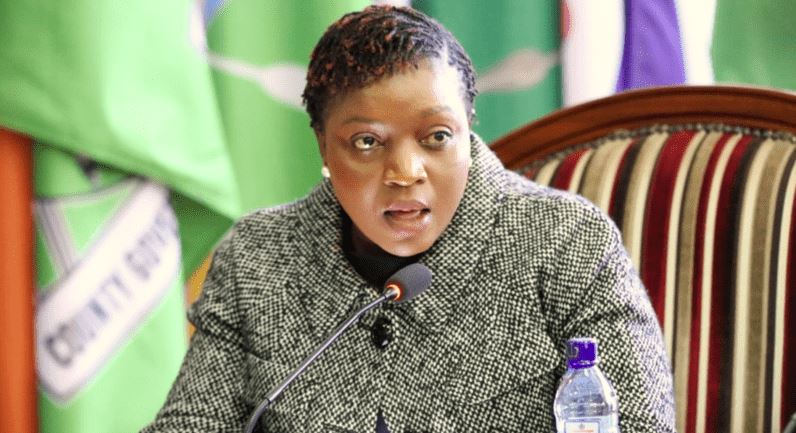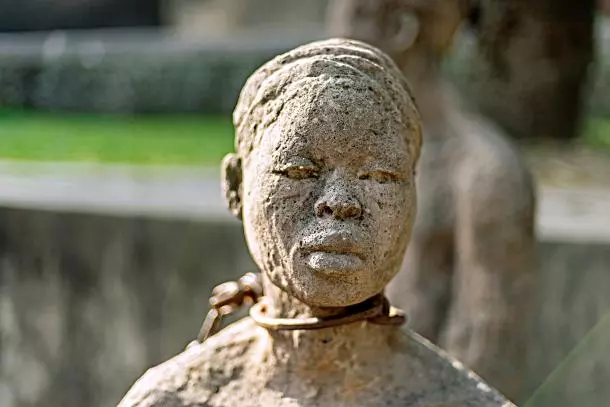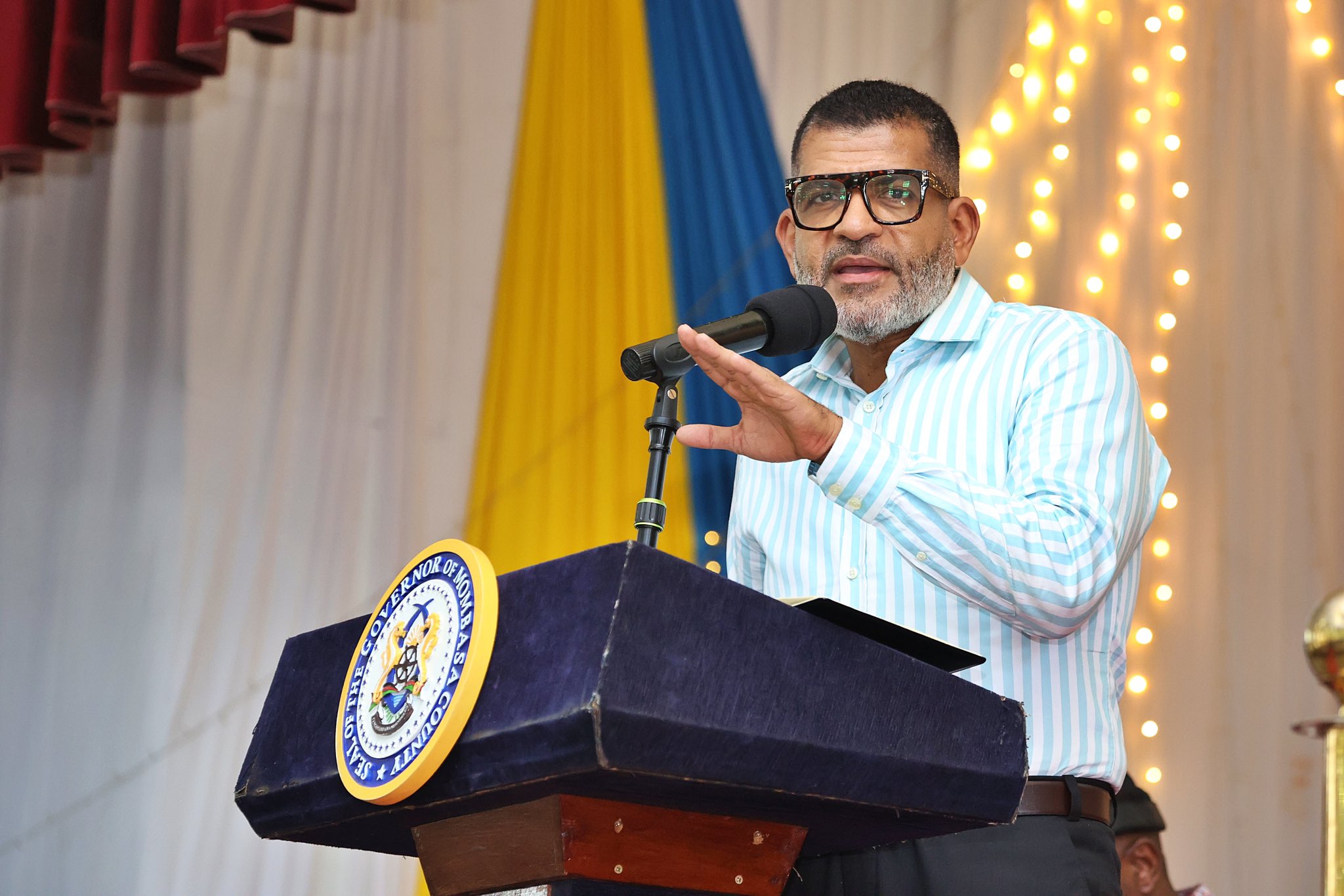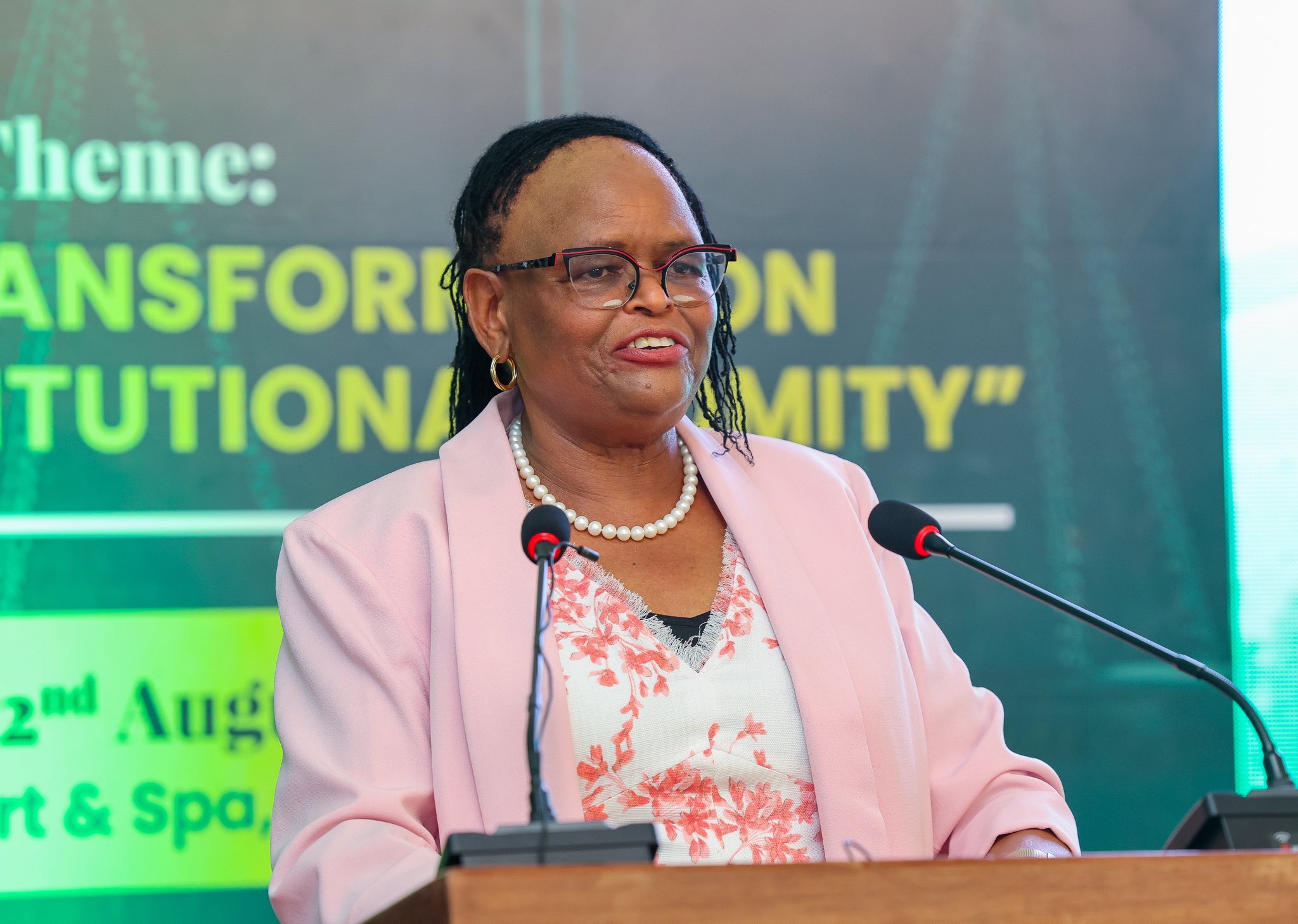Vetting of Ruto’s nominees to key diplomatic roles to be done on April 7

During the vetting, the nominees will be required to present their original identification documents, academic and professional certificates, and other supporting testimonials.
The National Assembly’s Departmental Committee on Defence, Intelligence and Foreign Relations will, on April 7, 2025 vet four individuals nominated by President William Ruto to key diplomatic positions. The process will determine their suitability before they assume their respective roles.
Among the nominees is Peter Kiplangat Tum, proposed as Kenya’s Ambassador to Kinshasa, and former Health Cabinet Secretary Susan Nakhumicha Wafula, who has been nominated as the Permanent Representative to the United Nations Human Settlements Programme (UN-Habitat) in Nairobi.
More To Read
- CJ Martha Koome pushes back against criticism over parliamentary interference
- Frequent court injunctions threaten to stall Parliament’s work, Wetang’ula warns
- Deputy Speaker Gladys Shollei lauds committees as Parliament’s ‘engine room’
- Ruto announces new parastatal board chairpersons
- Senate invites public views on Bill proposing sweeping changes to its powers
- Clash looms as Senate pushes for expanded powers in new Bill
Also nominated is James Buyekane Muhati, designated for the position of Consul-General in Guangzhou, China, while Abdi Dubat Fidhow has been put forward for the role of Consul-General in Arusha, Tanzania.
In a notice, Clerk of the National Assembly Samuel Njoroge stated that the public has until Friday, April 4, 2025, 5 pm to submit any objections regarding the nominees. The objections must be made in written statements on oath (affidavits) and should be supported by evidence challenging a nominee’s suitability for appointment.
“Any person may, prior to the approval hearing and by written statement on oath, provide the Clerk with evidence contesting the suitability of a candidate to hold the office to which the candidate has been nominated,” read the notice.
Objections can be delivered physically to the Clerk’s office at the main Parliament buildings in Nairobi, sent via mail to P.O. Box 41842-00100, Nairobi, or submitted through email at [email protected].
During the vetting, the nominees will be required to present their original identification documents, academic and professional certificates, and other supporting testimonials.
They must also obtain clearance certificates from six institutions: the Ethics and Anti-Corruption Commission, Kenya Revenue Authority, Higher Education Loans Board, Directorate of Criminal Investigations, Office of the Registrar of Political Parties, and a Credit Reference Bureau.
The vetting follows Articles 132(2)(e) of the Constitution and Section 20 of the Foreign Service Act, which empower the President to nominate individuals for diplomatic appointments, subject to the approval of the National Assembly.
Top Stories Today












































